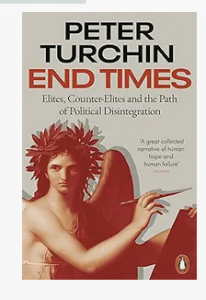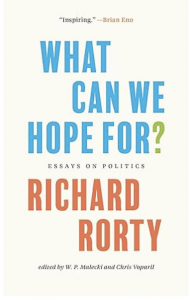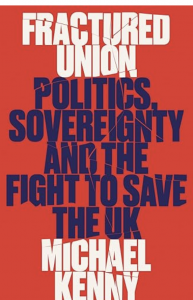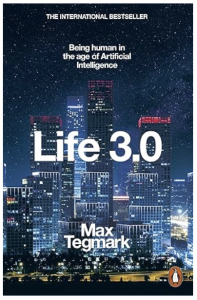I read Peter Turchin’s (2023) End Times: Elites, Counter-Elites and the Path of Political Disintegration on a long flight yesterday (I’m at Stanford for a couple of workshops). I’m not sure what to make of it. It’s well-written and an engaging read. The basic idea that there is a pendulum in the strength and health of polities, of generation-long good times and bad times, seems valid enough. The idea that one can model these computationally, I find a bit weird – speaking as one who spent some years early in her career modelling the UK and other economies computationally. Predicting outcomes from those models a year ahead that was tricky enough. This kind of system-wide modelling involves a great deal of judgement whereas this book claims an implausible degree of automaticity. As a sceptic about macroeconomic-modelling I’m a natural sceptic about – whatever we are going to call this – metaeconomic-modelling?
Turchin’s dynamics are driven by two phenomena: the immiserisation of the working class as the labour share of the economy declines, due to a ‘wealth pump’ as successful elites rig the economy to grab ever more of the value; and the over-production of elites who have to compete to benefit from the wealth pump. After a cycle of growth and integration, these mechanisms give way to a cycle of conflict and chaotic politics, driven by a coalition of the impoverished (Trump voters from the former manufacturing heartlands) and the not successful-enough elites (J.D.Vance).
This is a neat model, and seems to correspond to today’s US reality, but I have questions. For example, if expanding education is ‘over-production of elites’, what are we to make of the role of expanded education in technical progress and growth – is periodic conflict simply a cost of investment in human capital that has to be borne? Where does the role of demand in creating jobs for these productive people fit in? Do we need a war to kill off the excess PhDs and return to a stable, integrative phase? The role of excess labour supply in Turchin’s model seems to involve the lump of labour fallacy. All the (UK) evidence I know on immigration is that the effects on local wages and employment depend on (a) how complementary or not the skills of migrants are to local skills and (b) the state of the business cycle. Additional labour supply does not automatically mean immiserisation of workers.
There’s also a long quotation from Jack Goldstone to the effect that the population had grown substantially for 50 years before every major revolution and rebellion between 1500 and 1900. Does this mean the model will predict no more revolutions outside sub-Saharan Africa as populations are now in decline? It’s also a very US centric book despite using historical examples from many countries. For the instance UK labour share has not fallen like that in the US, although median wages have certainly stagnated.
I suppose in the end how seriously you take this kind of modelling depends on your belief about the extent to which human societies can learn and thus escape from past patterns. For what it’s worth, the book predicts the 2020s in the US will stay tumultuous. Of course, one doesn’t need a model to see this. I visit here once or twice a year but might stay away for a bit after early November 2024.





